On Monday 21st May 2018, Bournemouth University (BU) held the inaugural Assistive Living Technologies (ALT) Symposium at Talbot Campus. The Symposium was a fusion of research domains: Human Computer Interaction, Cyber‐Physical Systems, Robotics, Accessibility, Digital Health and Inclusion. The sponsor of the Symposium was EduWeb (EU Erasmus+ Project) which promotes digital inclusion within educational institutions, by providing a safe and creative web. The Symposium was organised by Dr Paul Whittington and Dr Huseyin Dogan from the Human Computer Interaction (HCI) Research Group.
We were delighted to welcome Professor Nigel Harris from Designability, who develop products to increase dignity, confidence and independence for over 250,000 people with reduced abilities. The charity is supported by the University of Bath and Bath & North East Somerset Health and Wellbeing Board.
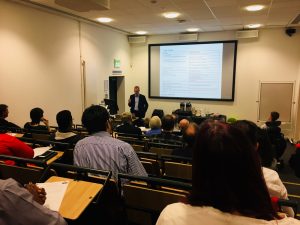
We also welcomed Martin Harman and John Heath from Southampton & South West Hampshire Remap Panel and Michael Garnish from Bournemouth Remap Panel. Remap is a national charity operating through local groups of skilled volunteers, who provide independence for people with reduced abilities, by designing and manufacturing bespoke equipment to assist with daily tasks. Designability and Remap delivered presentations on application of assistive living technologies to real world environments.
40 delegates attended the Symposium, representing the BU Faculties of Science & Technology, Health & Social Sciences and Media & Communications, as well as external organisations, including the NHS Dorset Clinical Commission Group, Possum Environmental Controls and Victoria Education Centre.
The Symposium was opened by Dr Paul Whittington and Professor Keith Phalp, followed by an interesting keynote presentation by Professor Nigel Harris, who introduced Designability’s Innovate UK CHIRON Project, which aims to provide a modular robotic system to support care at home. The system (branded JUVA) consists of a set of intelligent robotic systems in locations around the home, to help with personal care, including hygiene tasks and food preparation. The organiser of the Symposium, Dr Paul Whittington, presented his research, centred on the development of a SmartAbility Framework. The framework supports interaction for people with reduced physical ability through the application of built-in sensor technologies that automatically detect user abilities.

The Remap charity presented their work to improve the quality of life for people with disabilities, through the development of bespoke solutions to solve problematic everyday tasks. Examples included assisting with dog walking, playing golf and painting. John Heath (former IBM employee) presented an enlightening video of his Nellie robot, developed to assist people with disabilities to prepare and eat microwave meals. Remap also had a display outside the lecture theatre to promote their work. Professor Hongnian Yu from BU concluded the morning session by providing an insight into the current applications and future trends of robotics in assistive technologies, including prototype versions of robots developed by BU.
Following an opportunity to collaborate and network during the lunch break, the afternoon session began with a presentation from Dr Konstantinos Sirlantzis, Paul Oprea and Laura Day from University of Kent and the Kent, Surrey, Sussex Academic Health Science Network. They introduced their European funded project called ADAPT (Assistive Devices for empowering disAbled People through robotic Technologies), which is run in partnership with institutions in Southern England and Northern France. This included details of driving assistance technologies and a simulator for electrical powered wheelchairs.
The afternoon presentations included two BU Postgraduate Researchers, Mark Mosely and Asha Ward, on their research into an eye gaze controlled robotic arm and the use of music technology to assist users with complex needs respectively. This session provided an opportunity for the sponsors of the Symposium to present their EduWeb research in tackling the problem of digital exclusion, delivered by Zoe Carter (a final year Forensic Computing and Security student). The final presentation of the Symposium described the FACETS (Fatigue: Applying Cognitive behavioural and Engery effectiveness Techniques to lifeStyle) Digital Toolkit, developed by BU, to assist with managing fatigue for people with multiple sclerosis.
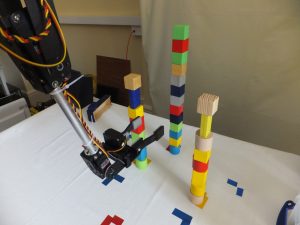
The day concluded with a Panel of experts in assistive technology; Professor Nigel Harris, Dr Konstantinos Sirlantzis, Dr Sarah Thomas and Eur Ing Martin Harman. The panel raised some interesting discussions regarding the uses and acceptance of assistive technology, as well as the potential establishment of an Assistive Living Technologies network for Dorset, Hampshire and Wiltshire.
The inaugural Symposium provided an excellent opportunity for the current research into assistive technologies to be presented. The delegates have expressed positive feedback about the Symposium, including; “Congratulations again to you and Huseyin for putting on a first class symposium”, “It gave us the opportunity to speak to various others working in this field”, “I enjoyed the day and met some very interesting people” and “It was great to hear about the wide range of research and positive work taking place.”
We will be organising similar events in the future as we further develop our research into assistive technologies. We would like to thank Professor Keith Phalp, all the presenters and delegates for their support with the Symposium.
The Symposium presentations can be viewed on the HCI Research Group’s website at: http://hci.bournemouth.ac.uk/alt-symposium-2018/

 Dr Holly Crossen-White has had a conference paper accepted for National Programmes Conference: Museums and Digital Memory Conference to be held at the British Museum in September. The paper will be presented with Dr Trudie Cole, Head of Access and Participation, The National Museum of the Royal Navy. Trudie and Holly have previously worked on several research projects related to the use of digital archives and this gives them opportunity to apply their findings within the context of collections held by the National Museum of the Royal Navy. Holly’s research interest in digital archives arose through her PhD which explored the hidden history of illicit drug taking during the early twentieth century. Holly has published on the ethical issues of undertaking research using digital archives and has been awarded Faculty Seedcorn Funding with her colleague Dr. Angela Turner-Wilson for some of this research work.
Dr Holly Crossen-White has had a conference paper accepted for National Programmes Conference: Museums and Digital Memory Conference to be held at the British Museum in September. The paper will be presented with Dr Trudie Cole, Head of Access and Participation, The National Museum of the Royal Navy. Trudie and Holly have previously worked on several research projects related to the use of digital archives and this gives them opportunity to apply their findings within the context of collections held by the National Museum of the Royal Navy. Holly’s research interest in digital archives arose through her PhD which explored the hidden history of illicit drug taking during the early twentieth century. Holly has published on the ethical issues of undertaking research using digital archives and has been awarded Faculty Seedcorn Funding with her colleague Dr. Angela Turner-Wilson for some of this research work. Application Deadline: Wednesday 12 September 2018 (17.00 UK Time)
Application Deadline: Wednesday 12 September 2018 (17.00 UK Time)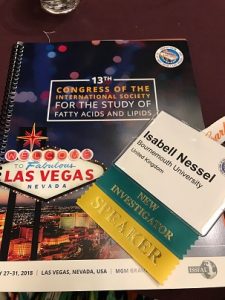
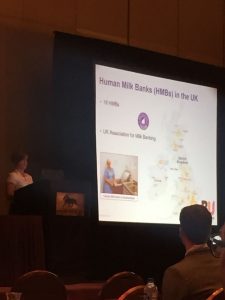 Methodology and Ketoneurotherapeutics. In between, well-known researchers in the field presented their research in plenary talks. Dr Michael Crawford obtained an omega-3 research award and Dr Maria Makrides was awarded with the Alexander Leaf Award. Her presentation entitled “Standing on the shoulders of giants: great women role models, mentors and advocates” was really inspiring.
Methodology and Ketoneurotherapeutics. In between, well-known researchers in the field presented their research in plenary talks. Dr Michael Crawford obtained an omega-3 research award and Dr Maria Makrides was awarded with the Alexander Leaf Award. Her presentation entitled “Standing on the shoulders of giants: great women role models, mentors and advocates” was really inspiring.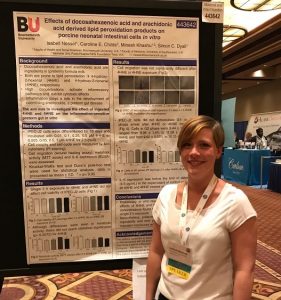 banking practices and recommendations for improvement”, presenting the results of our UK Milk Bank survey, which is now extended internationally. Furthermore, I had two posters displaying our work on preterm formula milk storage conditions and lipid degradation; and the effects of lipid degradation products on intestinal cells in vitro. These presentations gave me the possibility to position myself in the fatty acid research world and to make valuable contacts.
banking practices and recommendations for improvement”, presenting the results of our UK Milk Bank survey, which is now extended internationally. Furthermore, I had two posters displaying our work on preterm formula milk storage conditions and lipid degradation; and the effects of lipid degradation products on intestinal cells in vitro. These presentations gave me the possibility to position myself in the fatty acid research world and to make valuable contacts.
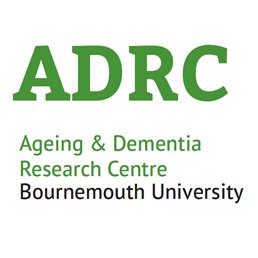



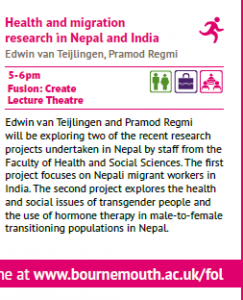



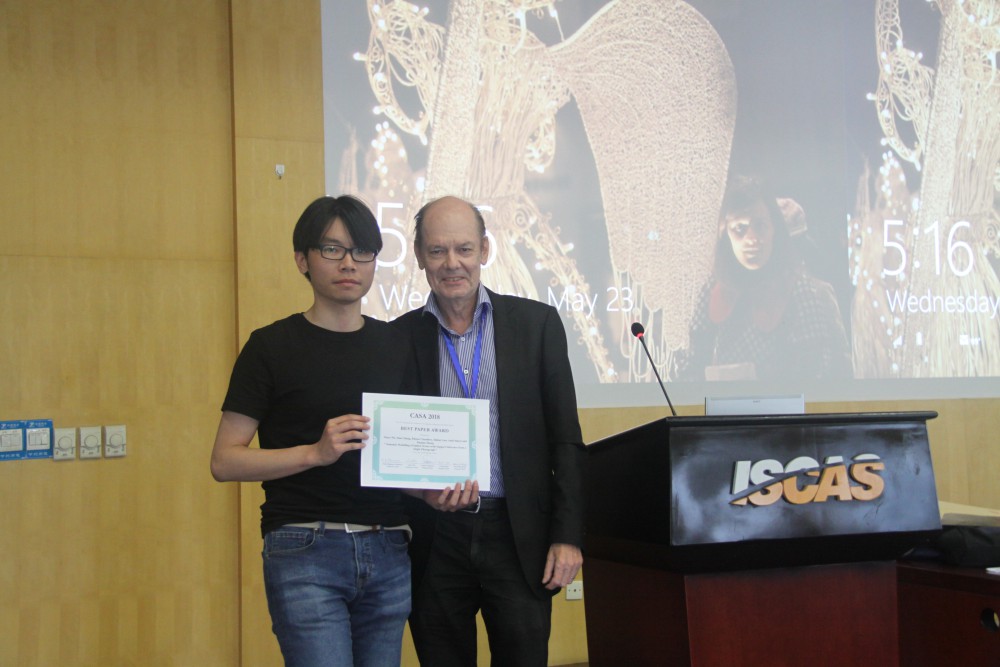
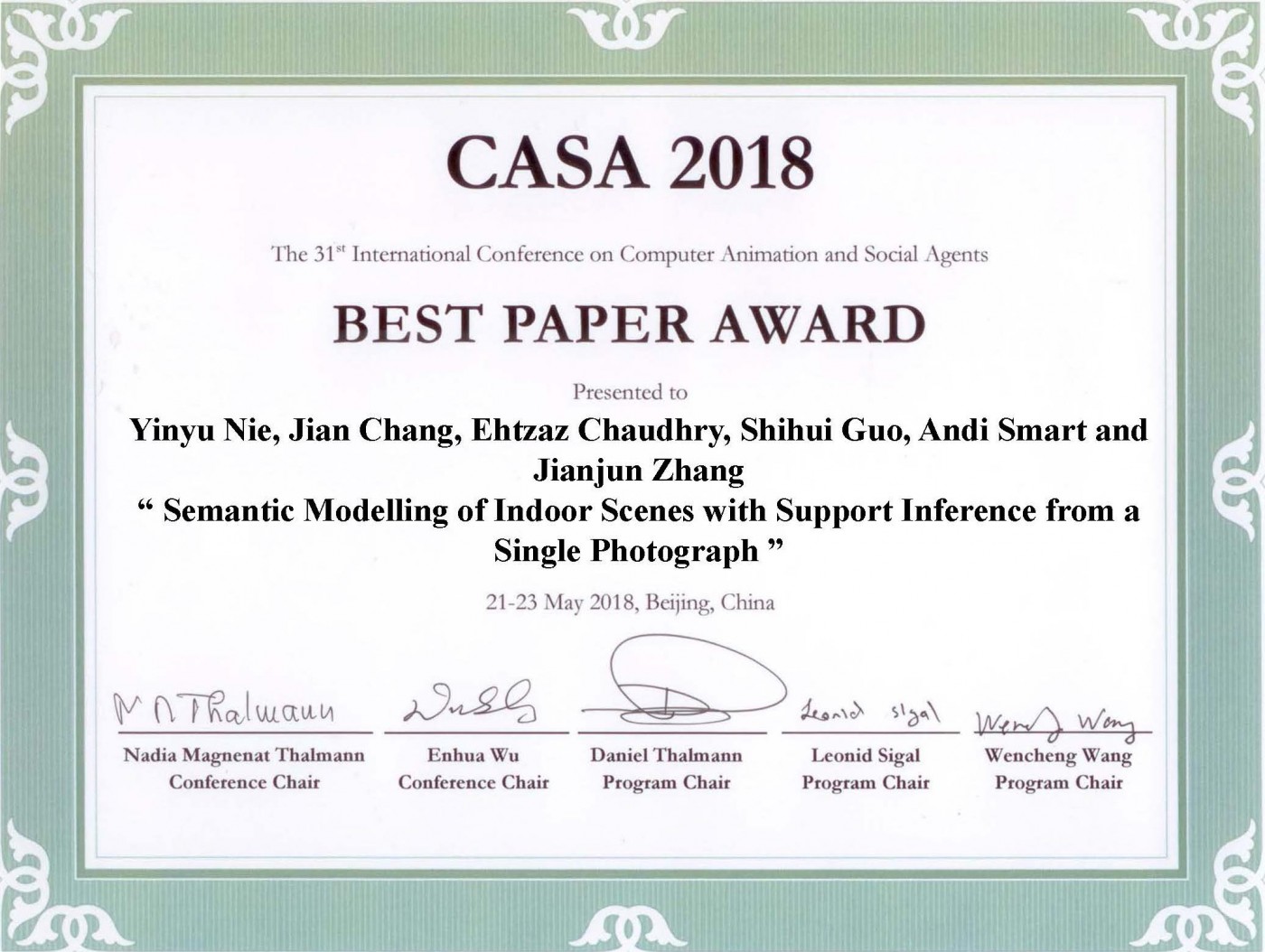
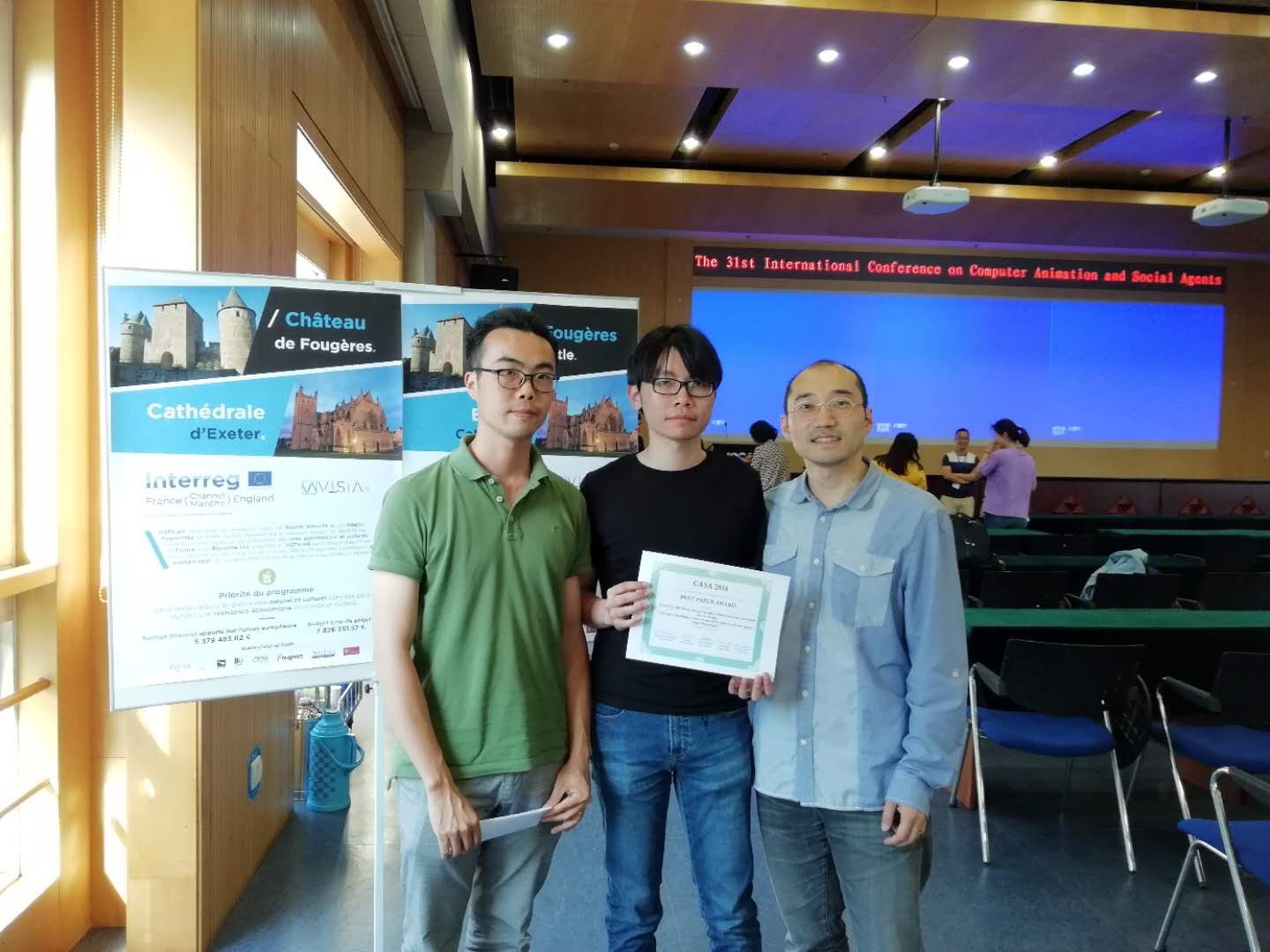
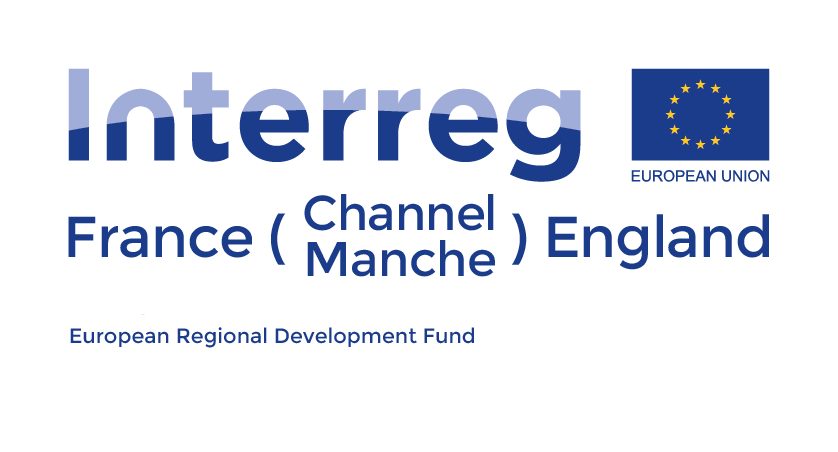




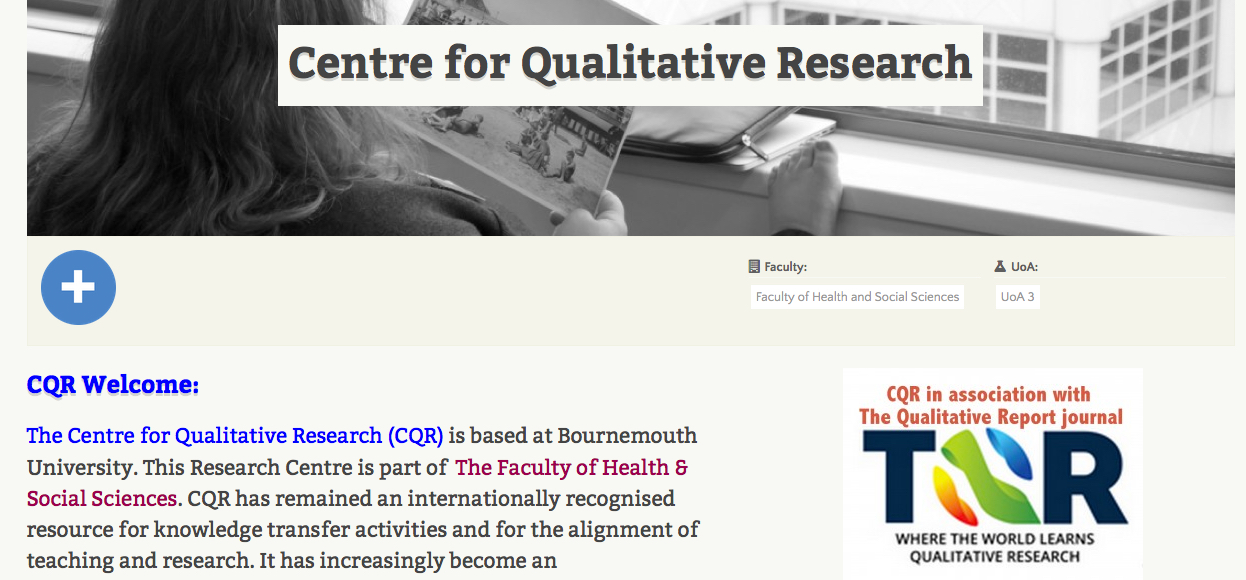



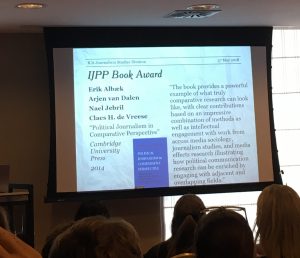 Dr Nael Jebril was recognised for his co-edited book entitled
Dr Nael Jebril was recognised for his co-edited book entitled 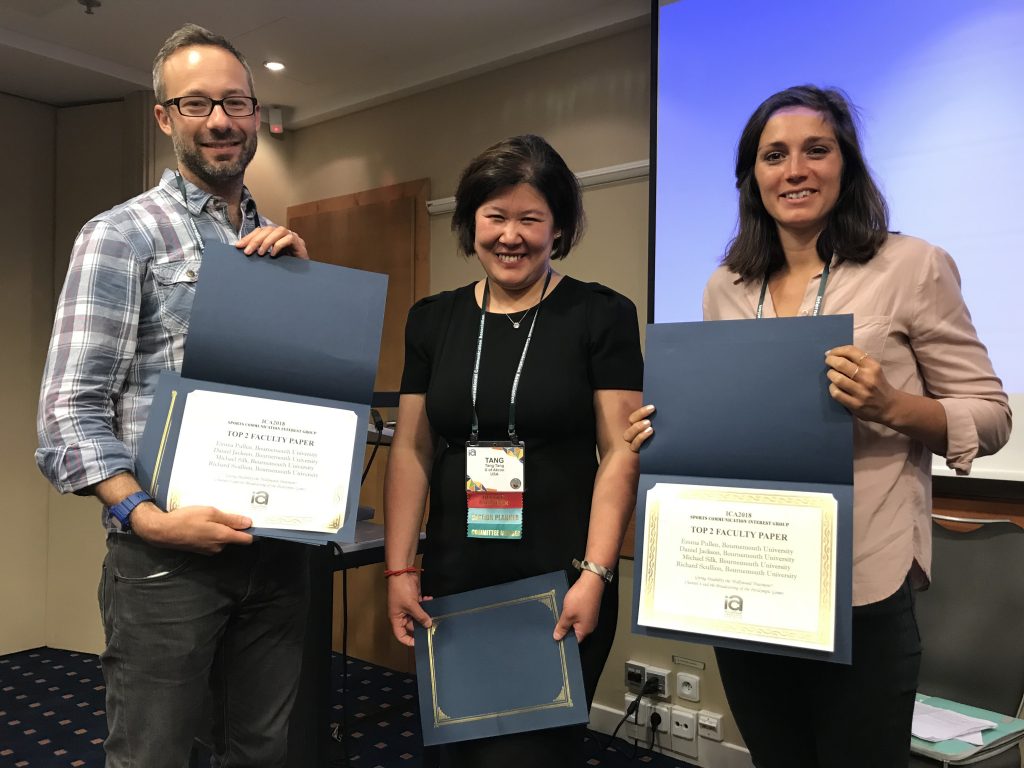











 BU Professor has been invited to a series of plenary and invited lectures.
BU Professor has been invited to a series of plenary and invited lectures. Research reaching non-academic audiences
Research reaching non-academic audiences April’s Café Scientifique – Should we help machines understand and respond to our emotions?
April’s Café Scientifique – Should we help machines understand and respond to our emotions? Postgraduate Research Experience Survey (PRES) 2024 – 2 WEEKS LEFT
Postgraduate Research Experience Survey (PRES) 2024 – 2 WEEKS LEFT Working with The Conversation: online training session – Wednesday 8th May
Working with The Conversation: online training session – Wednesday 8th May Apply for up to £1,000 to deliver an event and take part in a national festival of public engagement with research
Apply for up to £1,000 to deliver an event and take part in a national festival of public engagement with research MSCA Postdoctoral Fellowships 2024
MSCA Postdoctoral Fellowships 2024 Horizon Europe News – December 2023
Horizon Europe News – December 2023